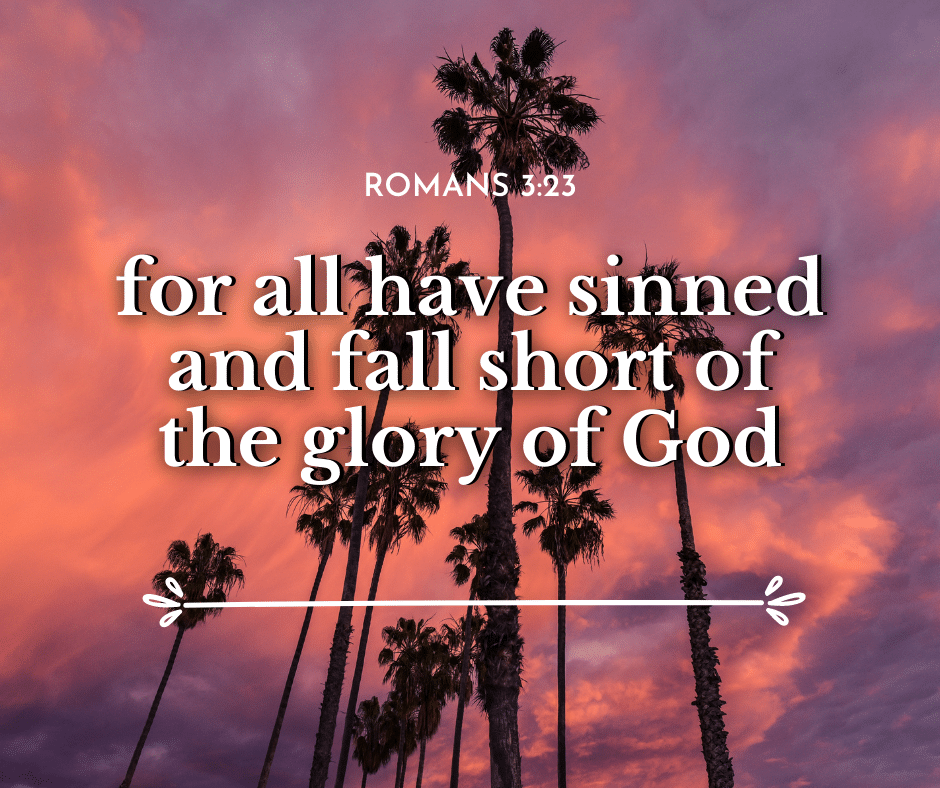Q&R: Does God literally send blessings & curses? – Brad Jersak
 QUESTION:
QUESTION:
I am currently on my fourth read of A More Christlike God and each time I read it, I am getting to know God more and more. Regarding your notion that wrath is a metaphor for God’s consent, I wonder how to interpret God’s blessings and curses, which God seemed to bring about directly. Can this be reconciled?
RESPONSE:
1. OLD COVENANT PROMISES:
Sample Blessings:
Sample Curses:
 22 The Lord will strike you with consumption, with fever, with inflammation, with severe burning fever, with the sword, with scorching, and with mildew; they shall pursue you until you perish. 23 And your heavens which are over your head shall be bronze, and the earth which is under you shall be iron. 24 The Lord will change the rain of your land to powder and dust; from the heaven it shall come down on you until you are destroyed. (Deut. 28:22-24)
22 The Lord will strike you with consumption, with fever, with inflammation, with severe burning fever, with the sword, with scorching, and with mildew; they shall pursue you until you perish. 23 And your heavens which are over your head shall be bronze, and the earth which is under you shall be iron. 24 The Lord will change the rain of your land to powder and dust; from the heaven it shall come down on you until you are destroyed. (Deut. 28:22-24)2. OLD COVENANT GLITCHES:
Psalmist’s Complaint:
3 For I was envious of the boastful,
When I saw the prosperity of the wicked.
4 For there are no pangs in their death,
But their strength is firm.
5 They are not in trouble as other men,
Nor are they plagued like other men.
6 Therefore pride serves as their necklace;
Violence covers them like a garment.
7 Their eyes bulge with abundance;
They have more than heart could wish.
8 They scoff and speak wickedly concerning oppression;
They speak loftily.
9 They set their mouth against the heavens,
And their tongue walks through the earth.
(Psalm 73:3-9)
Psalmist’s Relief
7 He made known His ways to Moses,
His acts to the children of Israel.
8 The Lord is merciful and gracious,
Slow to anger, and abounding in mercy.
9 He will not always strive with us,
Nor will He keep His anger forever.
10 He has not dealt with us according to our sins,
Nor punished us according to our iniquities.
(Psalm 103:7-10)
3. NEW COVENANT GRACE:
God’s indiscriminate grace to all
44 But I say to you, love your enemies, bless those who curse you, do good to those who hate you, and pray for those who spitefully use you and persecute you,45 that you may be sons of your Father in heaven; for He makes His sun rise on the evil and on the good, and sends rain on the just and on the unjust.46 For if you love those who love you, what reward have you? Do not even the tax collectors do the same?47 And if you greet your brethren only, what do you do more than others? Do not even the tax collectors do so?48 Therefore you shall be perfect, just as your Father in heaven is perfect. (Matt. 5:44-48)
Tragedy’s indiscriminate targets
 1 There were present at that season some who told Him about the Galileans whose blood Pilate had mingled with their sacrifices. 2 And Jesus answered and said to them, “Do you suppose that these Galileans were worse sinners than all other Galileans, because they suffered such things? 3 I tell you, no; but unless you repent you will all likewise perish.4 Or those eighteen on whom the tower in Siloam fell and killed them, do you think that they were worse sinners than all other men who dwelt in Jerusalem?5 I tell you, no; but unless you repent you will all likewise perish.”
1 There were present at that season some who told Him about the Galileans whose blood Pilate had mingled with their sacrifices. 2 And Jesus answered and said to them, “Do you suppose that these Galileans were worse sinners than all other Galileans, because they suffered such things? 3 I tell you, no; but unless you repent you will all likewise perish.4 Or those eighteen on whom the tower in Siloam fell and killed them, do you think that they were worse sinners than all other men who dwelt in Jerusalem?5 I tell you, no; but unless you repent you will all likewise perish.”Note: Jesus adds the warning that all alike must repent. He’s not saying, “Sh*t happens, so ‘let us eat and drink, for tomorrow we die!'” (cf. Isa. 22:13, 1 Cor. 15:32) Somehow he concludes that if the violence of man and nature could strike anyone at any time, our response should be sobriety rather than hedonism. He calls us to recognize that if life is so hazardous and fleeting, how we live matters. We will, in fact, all die, but we need not perish, in the sense of wasting our lives and decomposing. There’s a resurrection coming, so let’s turn or reorient our lives toward the life of Christ! It’s not a threat of divine violence, but an urgent invitation to eternal life… and the randomness of life serves as a wake-up call.
SUMMARY: 3 DISTINCT PERSPECTIVES
- The Scriptures show a developing understanding of who God is and how God works;
- These developing understandings challenge each other, and the authors are not embarrassed about this; and
- Jesus gets the final word on who God is and how he works. Whereas the early covenant was transactional, David is already seeing how grace operates above law, and Jesus expresses this through his own perfect revelation.











 Plain Truth Ministries | Box 300 | Pasadena, CA 91129-0300
Plain Truth Ministries | Box 300 | Pasadena, CA 91129-0300

